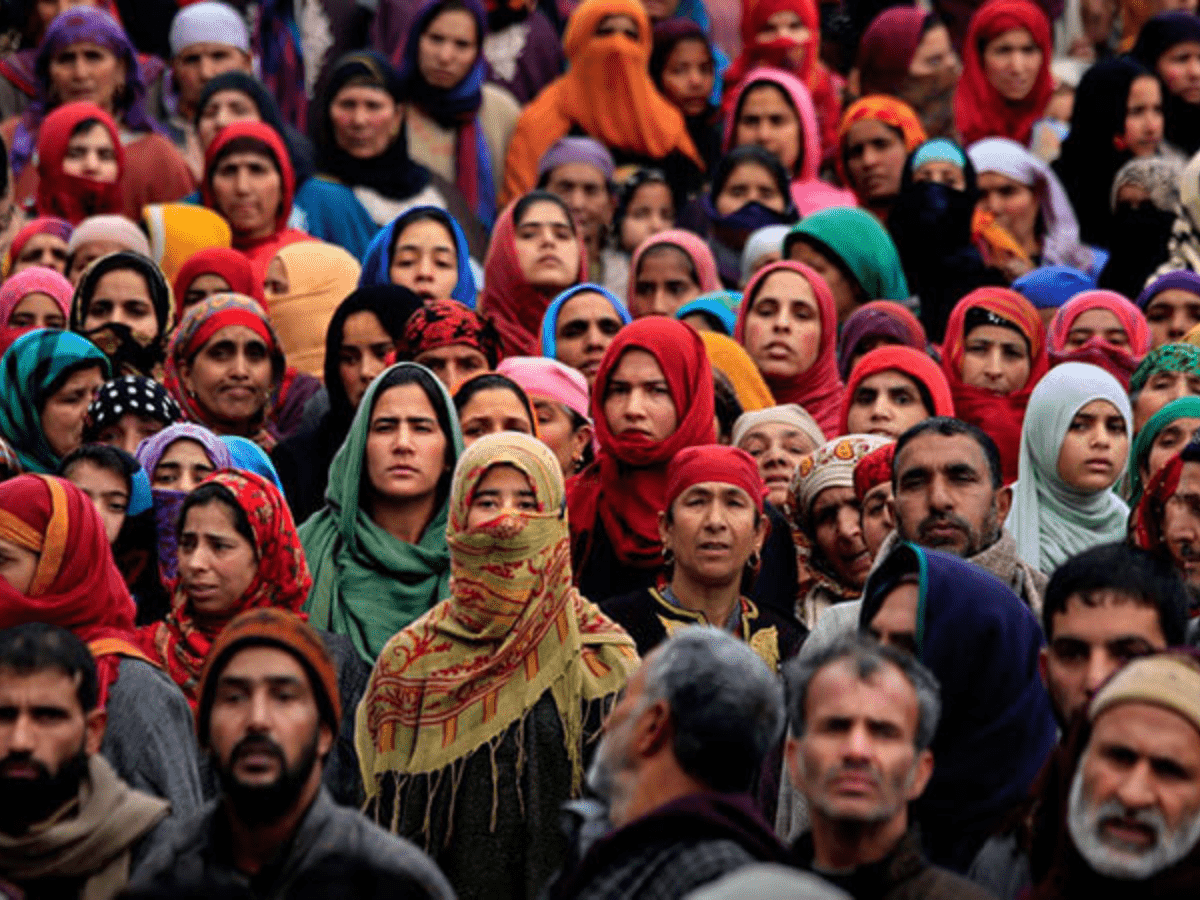
It is more than a consensus. All the parties in Jammu and Kashmir with flags of their own believe that the situation in the territory has improved – the ruling BJP at the Centre and in the Union Territory and other parties are on the same page on this issue. In J&K, the improvement in the situation is both a comparative assessment as also something that beckons the future of the territory in political, economic, social terms. But this consensus also leads to the plea that, why elections in this part of the country are not being held, now it is for the past almost five years that it is being governed by the Centre- first it was under the Governor’s and President’s rule as long as it was state until October 30, 2019, and subsequently under the federal rule after it became the Union Territory. It was made clear as early as on August 5, 2019, when the special status of the erstwhile state under Article 370 was snapped and its geographical map split into two union territories that Ladakh UT will not have a legislature. The UT of J&K, however, was told that it will have an elected Assembly and with the passage of time when the situation would improve it would be regranted the status of the state. So the difference was made clear that only the UT of J&K will have polls, and Ladakh will be governed directly by Delhi all the time from October 31, 2019.
Prior to this constitutional change, the Parliament was assured that the state of J&K will have elections once the security situation improved. That was an alibi. The state legislative Assembly was dissolved on November 21, 2018, by the then Governor Satya Pal Malik on the directions of Delhi when competing claims were made by two sets of groups for the formation of the government – as the House was in suspended animation since June 20, 2018, a day after the Mehbooba Mufti government was rendered into a minority following withdrawal of the support by the BJP on June 19. At that time, no party or group of parties had come forward to form an alternative government. But the Assembly was placed under suspended animation, hoping that at some point in time, the parties may come together to form the government. The numbers did not favour the arithmetic that BJP wanted to prop an alternative government. So, a non-functional fax machine in Raj Bhawan, Jammu, became an excuse not to entertain claims of the two groups to form the government. Given that fait accompli was administered on J&K, it was hoped that the elections would be announced and held within the stipulated period of six months. That did not happen even when the Governor’s rule ended and the state came under President’s rule on midnight of December 19, 2018. The irony was that the parliamentary elections were held in April-May, and the Anantnag Parliamentary constituency was subjected to six-phase polling, as an answer to the fragile security situation in four districts of south Kashmir. The Election Commission and Delhi were reeling from the ghost of the 2016 stone-throwing clashes, which left 100 dead and many more blinded or partially blinded by the use of the pellet guns.
More than the shadow of 2016, the government was having its own political reasons not to certify the security situation being conducive for the Assembly polls. And then came the announcement that the Election Commission will take call on the polls once the Amarnath Yatra of 2019 concludes and that never concluded. It was cut short midway because of the specious reasons the terrorists were going to target the pilgrims and tourists. Everyone knew it was a made up thing to keep things in control at the time of the abrogation of Article 370.
Now when the tourists are coming in hordes, and their arrival is listed as one of the biggest parameters of normalcy and peace in Kashmir, why should there be delay in elections? The parties have asked, while BJP is mute. The party is not asking for polls, but whenever questioned, it claims it is ready for polls and advances usual phrase, it is for the Election Commission of India to take the call. All parties, baring BJP of course, one way or the other have petitioned ECI – in fact a delegation of several party leaders, led by the veteran Kashmiri leader and former chief minister Farooq Abdullah met the ECI and advanced the claim of the Centre that the situation had improved drastically, and pleaded that the elections be held. The real thing delaying the elections is because of the BJP’s own apprehensions that the outcome of the polls if held now or later this year, will not favour it, that would not only be an electoral outcome but also a referendum on what all it has been saying about Jammu and Kashmir since August 5, 2019. Unless it finds itself in a comfortable position, the polls will remain a far cry.

